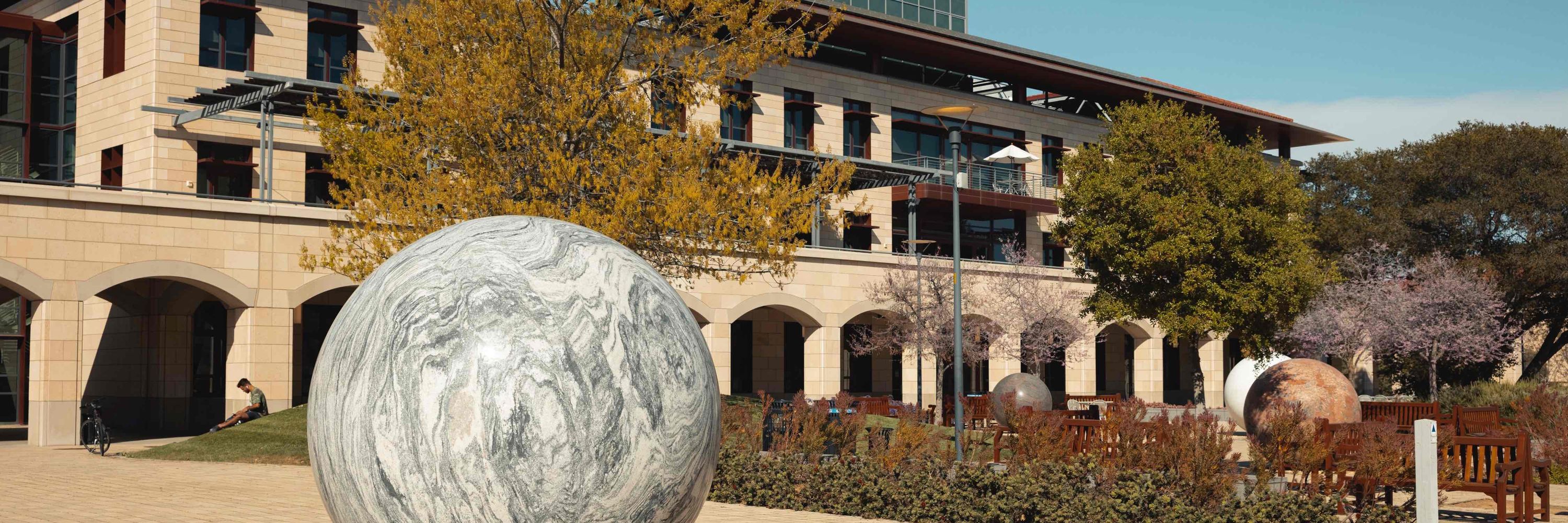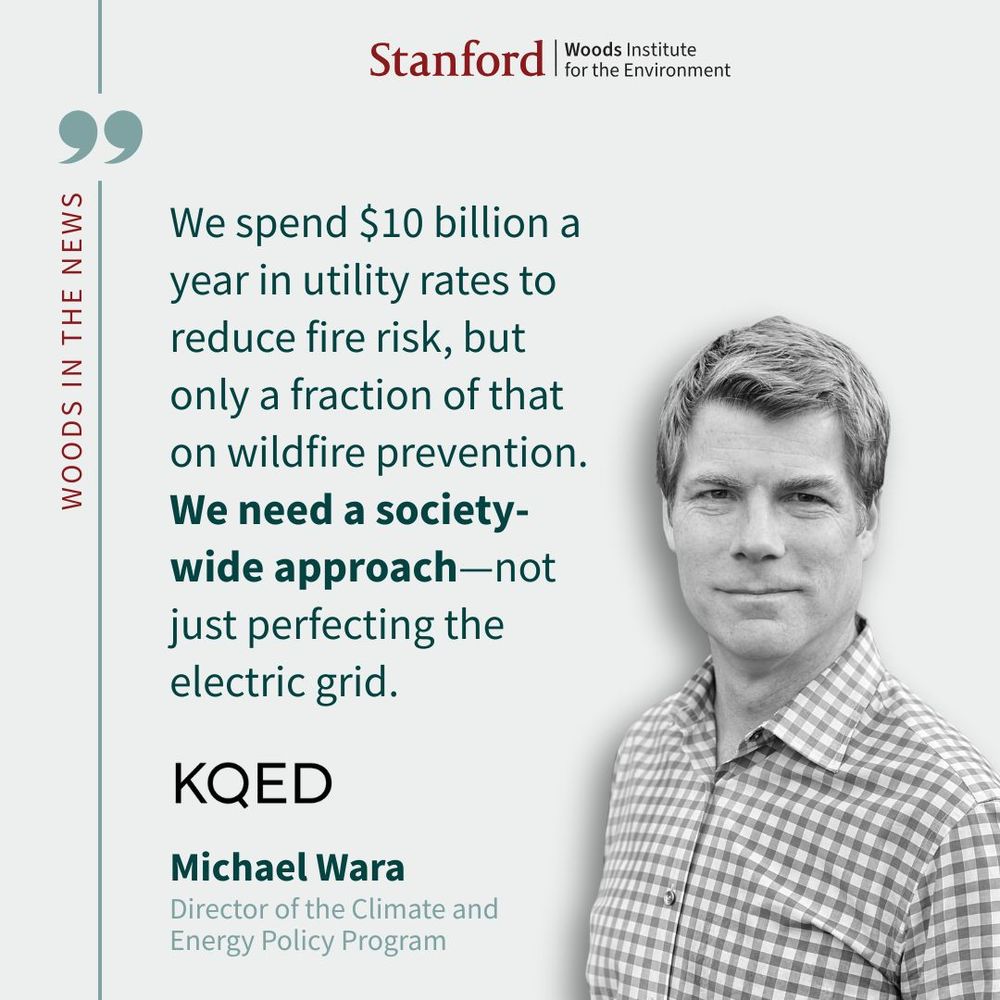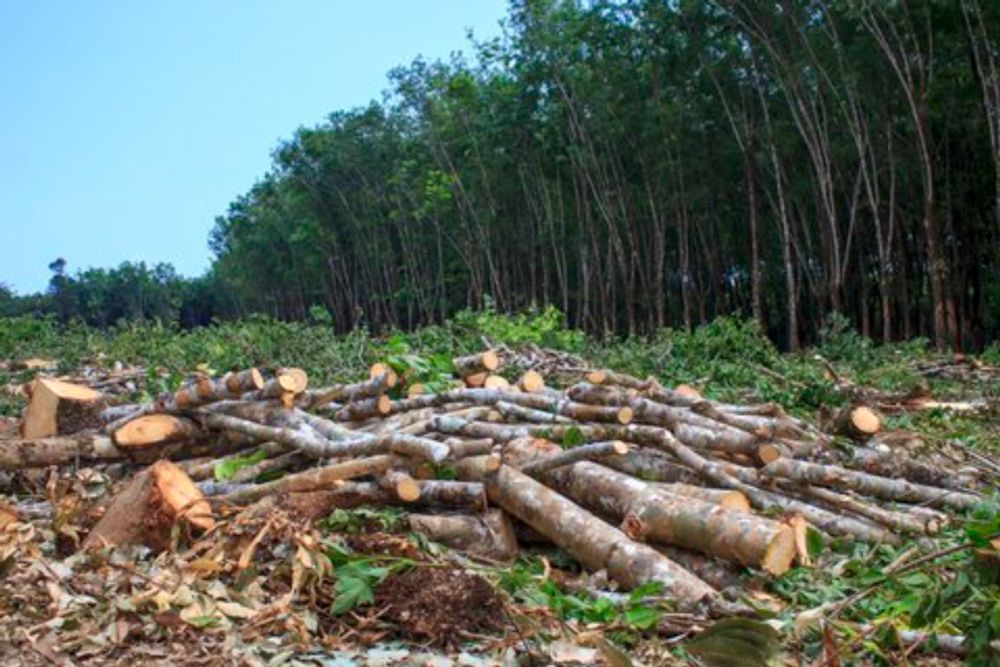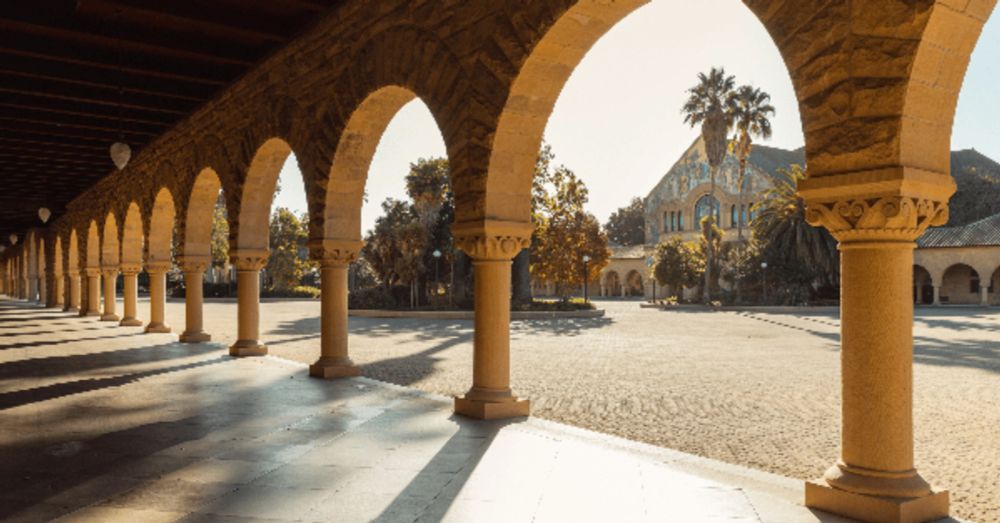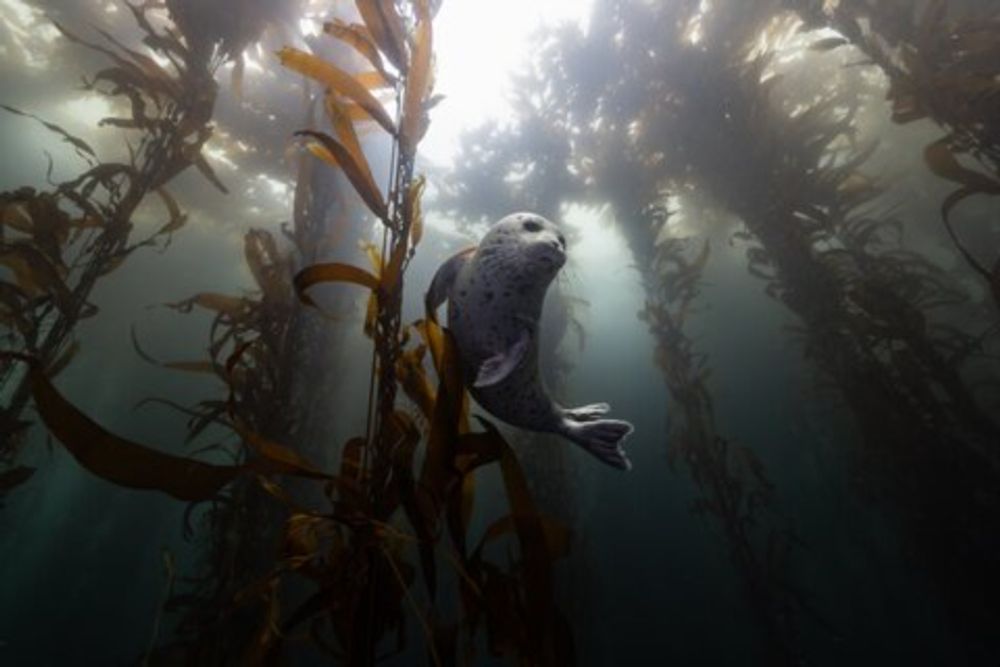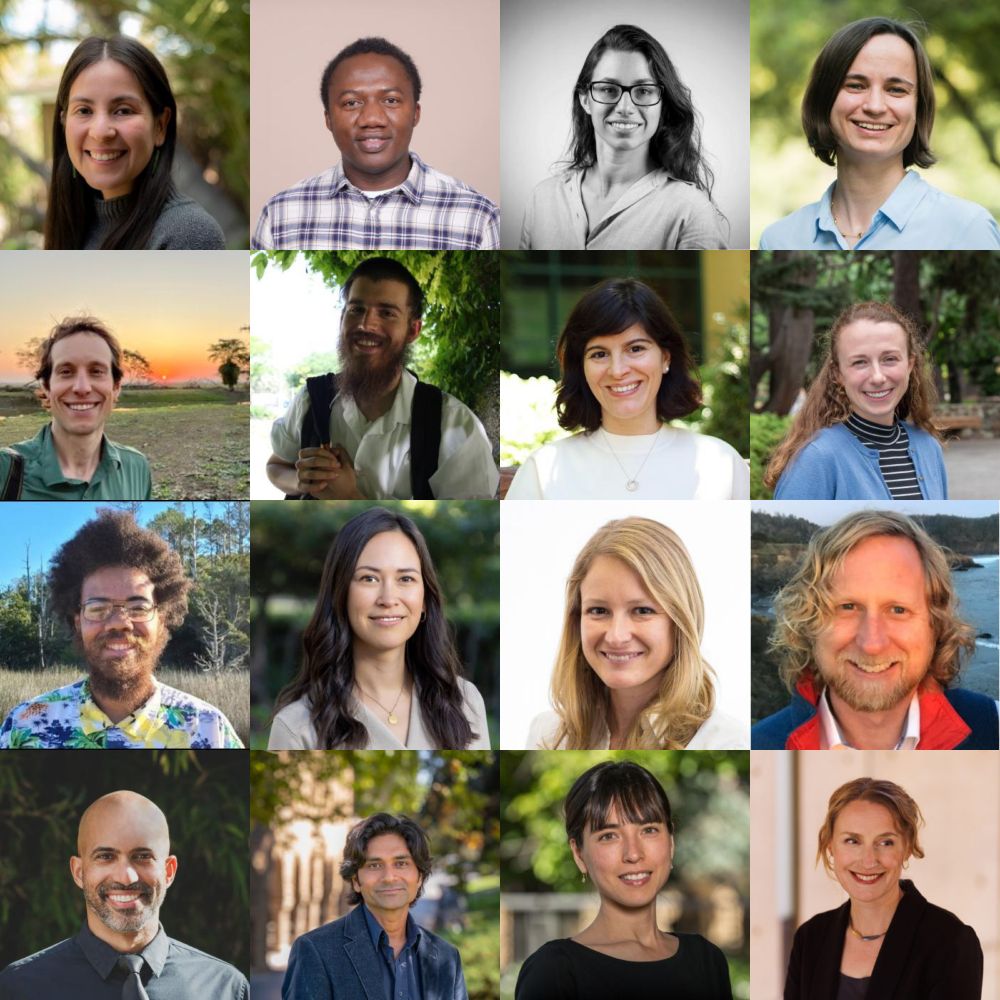Stanford Woods Institute for the Environment
@woods.stanford.edu
2.9K followers
310 following
180 posts
Stanford's collaboration hub for interdisciplinary environmental research about people & planet. Focused on climate resilience, natural climate solutions, thriving ecosystems, human & planetary health and just outcomes. | woods.stanford.edu
Posts
Media
Videos
Starter Packs
Pinned
SciLine
@sciline.org
· 21d

Dr. Noah Diffenbaugh: EPA moves to end limits on climate pollution - SciLine
The EPA's move to revoke the endangerment finding could halt limits on greenhouse gas emissions. Dr. Noah Diffenbaugh will discuss the implications for public health and climate change.
www.sciline.org
